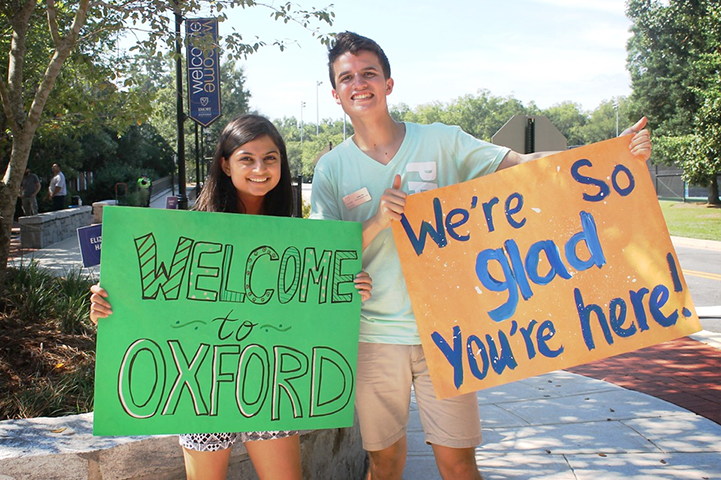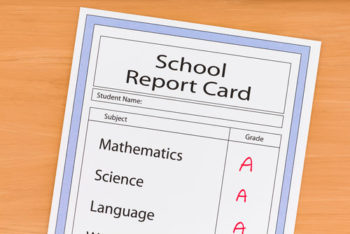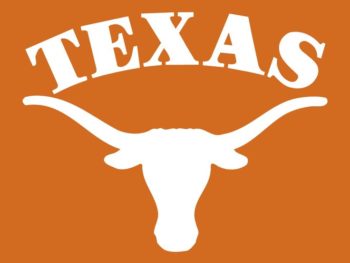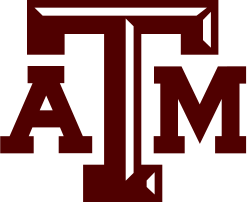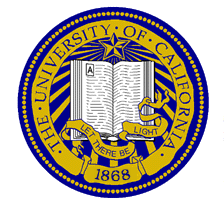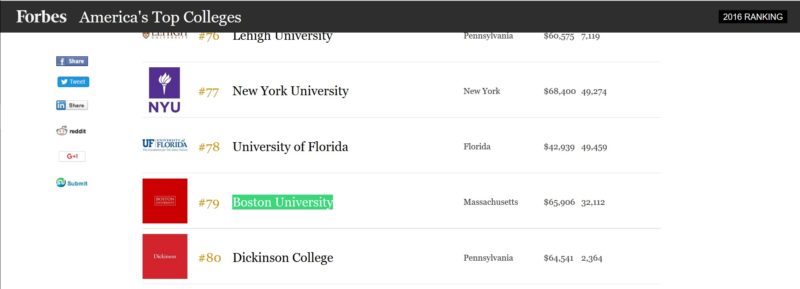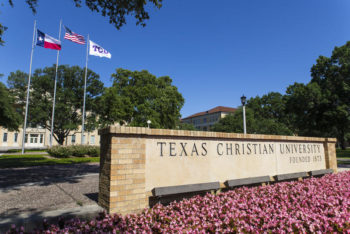
Davidson College and The Washington Post have created a database with updated information on top public universities and their teaching method and plans for accommodating Covid-19 during the Fall 2020 semester. Information includes start date and the university’s Fall 2020 teaching method (in-person, online, hybrid) .
| School | State | Teaching method | Fall start |
|---|---|---|---|
| Auburn U. | Ala. | Hybrid | Aug. 17 |
| U. of Alabama | Ala. | Primarily in person | Aug. 19 |
| U. of Alaska at Anchorage | Alaska | Primarily online | Aug. 24 |
| U. of Alaska at Fairbanks | Alaska | Hybrid | Aug. 24 |
| Arizona State U. at Tempe | Ariz. | Hybrid | Aug. 20 |
| U. of Arizona | Ariz. | Primarily online | Aug. 24 |
| Arkansas State U. | Ark. | Primarily in person | Aug. 25 |
| U. of Arkansas | Ark. | Primarily online | Aug. 24 |
| U. of California at Berkeley | Calif. | Primarily online | Aug. 26 |
| UCLA | Calif. | Primarily online | Sept. 28 |
| U. of Colorado at Boulder | Colo. | Primarily online | Aug. 24 |
| Colorado School of Mines | Colo. | Primarily in person | Aug. 24 |
| Central Connecticut State U. | Conn. | Primarily online | Aug. 26 |
| U. of Connecticut | Conn. | Primarily online | Aug. 31 |
| Delaware State U. | Del. | Hybrid | Aug. 25 |
| U. of Delaware | Del. | Primarily online | Sept. 1 |
| U. of the District of Columbia | D.C. | Primarily online | Sept. 8 |
| Florida State U. | Fla. | Hybrid | Aug. 24 |
| U. of Florida | Fla. | Primarily online | Aug. 31 |
| Georgia Inst. of Technology | Ga. | Primarily in person | Aug. 17 |
| U. of Georgia | Ga. | Primarily in person | Aug. 20 |
| U. of Hawaii at Hilo | Hawaii | Primarily online | Aug. 24 |
| U. of Hawaii at Manoa | Hawaii | Primarily online | Aug. 24 |
| Idaho State U. | Idaho | Primarily in person | Aug. 17 |
| U. of Idaho | Idaho | Primarily in person | Aug. 31 |
| U. of Illinois at Chicago | Ill. | Primarily online | Aug. 26 |
| U. of Illinois at Urbana-Champaign | Ill. | Hybrid | Aug. 24 |
| Indiana University at Bloomington | Ind. | Primarily online | Aug. 24 |
| Purdue U. | Ind. | Primarily in person | Aug. 24 |
| Iowa State U. | Iowa | Primarily in person | Aug. 17 |
| U. of Iowa | Iowa | Primarily in person | Aug. 24 |
| Kansas State U. | Kan. | Primarily in person | Aug. 17 |
| U. of Kansas | Kan. | Primarily in person | Aug. 24 |
| U. of Kentucky | Ky. | Primarily online | Aug. 17 |
| U. of Louisville | Ky. | Primarily online | Aug. 17 |
| Louisiana State U. | La. | Primarily online | Aug. 24 |
| Louisiana Tech U. | La. | Primarily in person | Aug. 31 |
| U. of Maine at Farmington | Maine | Hybrid | Aug. 31 |
| U. of Maine at Orono | Maine | To be determined | Aug. 31 |
| U. of Maryland Baltimore County | Md. | Primarily online | Aug. 27 |
| U. of Maryland at College Park | Md. | Primarily online | Aug. 31 |
| U. of Massachusetts at Amherst | Mass. | Primarily online | Aug. 24 |
| U. of Massachusetts at Lowell | Mass. | Primarily online | Sept. 1 |
| Michigan State U. | Mich. | Fully online | Sept. 2 |
| U. of Michigan at Ann Arbor | Mich. | Hybrid | Aug. 31 |
| U. of Minnesota at Duluth | Minn. | Hybrid | Aug. 31 |
| U. of Minnesota at Twin Cities | Minn. | Hybrid | Aug. 31 |
| Mississippi State U. | Miss. | Hybrid | Aug. 17 |
| U. of Mississippi | Miss. | Hybrid | Aug. 24 |
| Missouri U. of Science and Tech. | Mo. | Primarily in person | Aug. 24 |
| U. of Missouri | Mo. | Primarily online | Aug. 24 |
| Montana State U. | Mont. | Primarily online | Aug. 17 |
| U. of Montana | Mont. | Primarily online | Aug. 19 |
| U. of Nebraska at Lincoln | Neb. | Primarily in person | Aug. 17 |
| U. of Nebraska at Omaha | Neb. | Primarily in person | Aug. 24 |
| U. of Nevada at Las Vegas | Nev. | Primarily online | Aug. 24 |
| U. of Nevada at Reno | Nev. | Primarily in person | Aug. 24 |
| Plymouth State U. | N.H. | Hybrid | Aug. 24 |
| U. of New Hampshire | N.H. | Primarily online | Aug. 31 |
| Rutgers U. at New Brunswick | N.J. | Primarily online | Sept. 1 |
| Rutgers U. at Newark | N.J. | Primarily online | Sept. 3 |
| New Mexico State U. | N.M. | Hybrid | Aug. 19 |
| U. of New Mexico | N.M. | Hybrid | Aug. 17 |
| Stony Brook U. | N.Y. | Primarily online | Aug. 24 |
| U. at Buffalo | N.Y. | Hybrid | Aug. 31 |
| North Carolina State U. | N.C. | Fully online | Aug. 10 |
| U. of North Carolina at Chapel Hill | N.C. | Fully online | Aug. 10 |
| North Dakota State U. | N.D. | Hybrid | Aug. 24 |
| U. of North Dakota | N.D. | To be determined | Aug. 24 |
| Miami U. of Ohio | Ohio | Primarily online | Aug. 17 |
| Ohio State U. | Ohio | Hybrid | Aug. 25 |
| Oklahoma State U. | Okla. | Primarily in person | Aug. 17 |
| U. of Oklahoma | Okla. | Primarily in person | Aug. 24 |
| Oregon State U. | Ore. | Primarily online | Sept. 23 |
| U. of Oregon | Ore. | Primarily online | Sept. 29 |
| Pennsylvania State U. | Pa. | Hybrid | Aug. 24 |
| U. of Pittsburgh | Pa. | Primarily online | Aug. 19 |
| Rhode Island College | R.I. | Primarily online | Aug. 31 |
| U. of Rhode Island | R.I. | Primarily in person | Sept. 9 |
| Clemson U. | S.C. | Primarily online | Aug. 19 |
| U. of South Carolina | S.C. | Primarily in person | Aug. 20 |
| South Dakota State U. | S.D. | Hybrid | Aug. 19 |
| U. of South Dakota | S.D. | Primarily in person | Aug. 19 |
| U. of Memphis | Tenn. | Primarily in person | Aug. 17 |
| U. of Tennessee | Tenn. | Hybrid | Aug. 19 |
| Texas A&M U. | Tex. | Primarily in person | Aug. 19 |
| U. of Texas at Austin | Tex. | Primarily online | Aug. 26 |
| U. of Utah | Utah | Primarily online | Aug. 24 |
| Utah State U. | Utah | Hybrid | Aug. 31 |
| Castleton U. | Vt. | Fully online | Aug. 18 |
| U. of Vermont | Vt. | Primarily in person | Aug. 31 |
| College of William & Mary | Va. | Primarily online | Aug. 19 |
| U. of Virginia | Va. | Primarily online | Aug. 25 |
| U. of Washington | Wash. | Primarily online | Sept. 30 |
| Washington State U. | Wash. | Primarily online | Aug. 24 |
| Marshall U. | W.Va. | Primarily in person | Aug. 24 |
| West Virginia U. | W.Va. | Primarily online | Aug. 26 |
| U. of Wisconsin at Madison | Wis. | Primarily online | Sept. 2 |
| U. of Wisconsin at Milwaukee | Wis. | Hybrid | Sept. 2 |
| U. of Wyoming | Wyo. | Primarily online | Aug. 24 |

